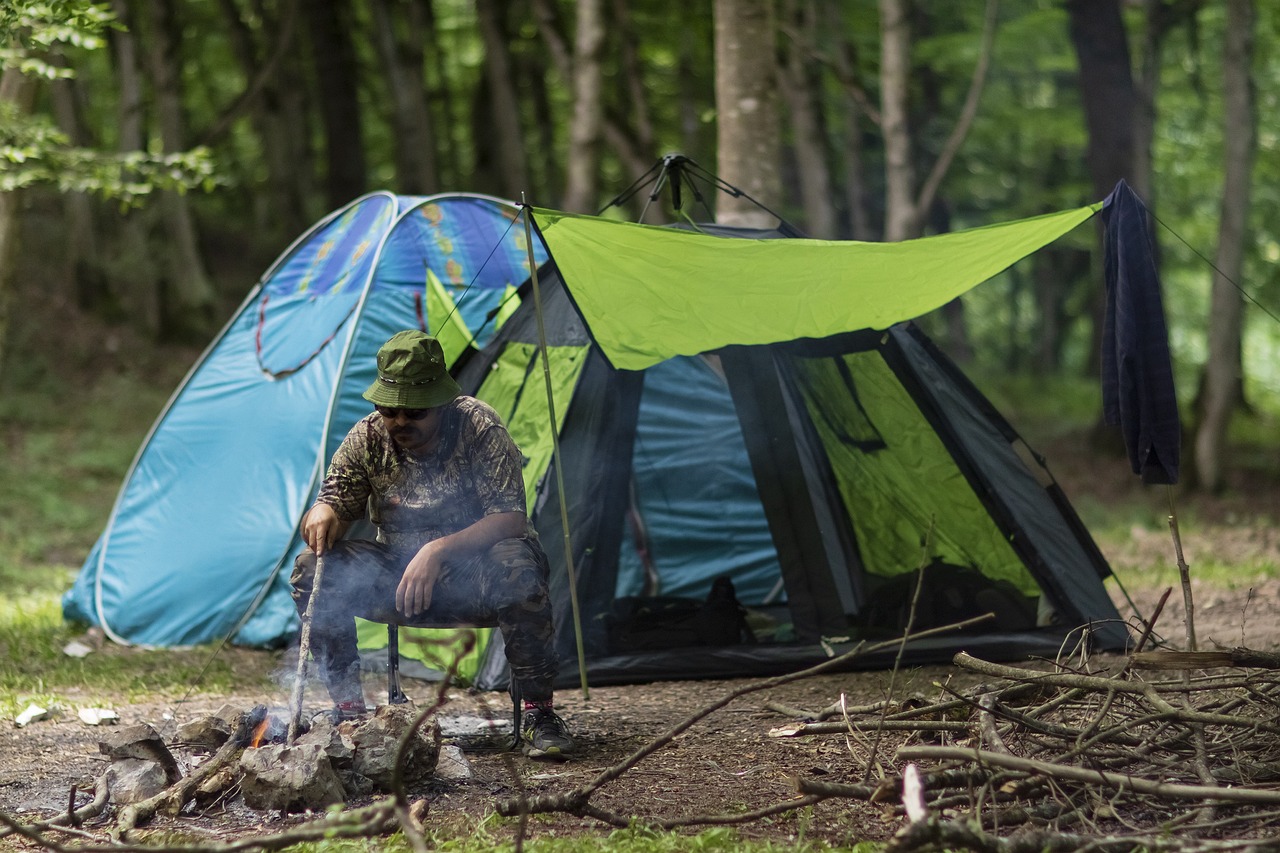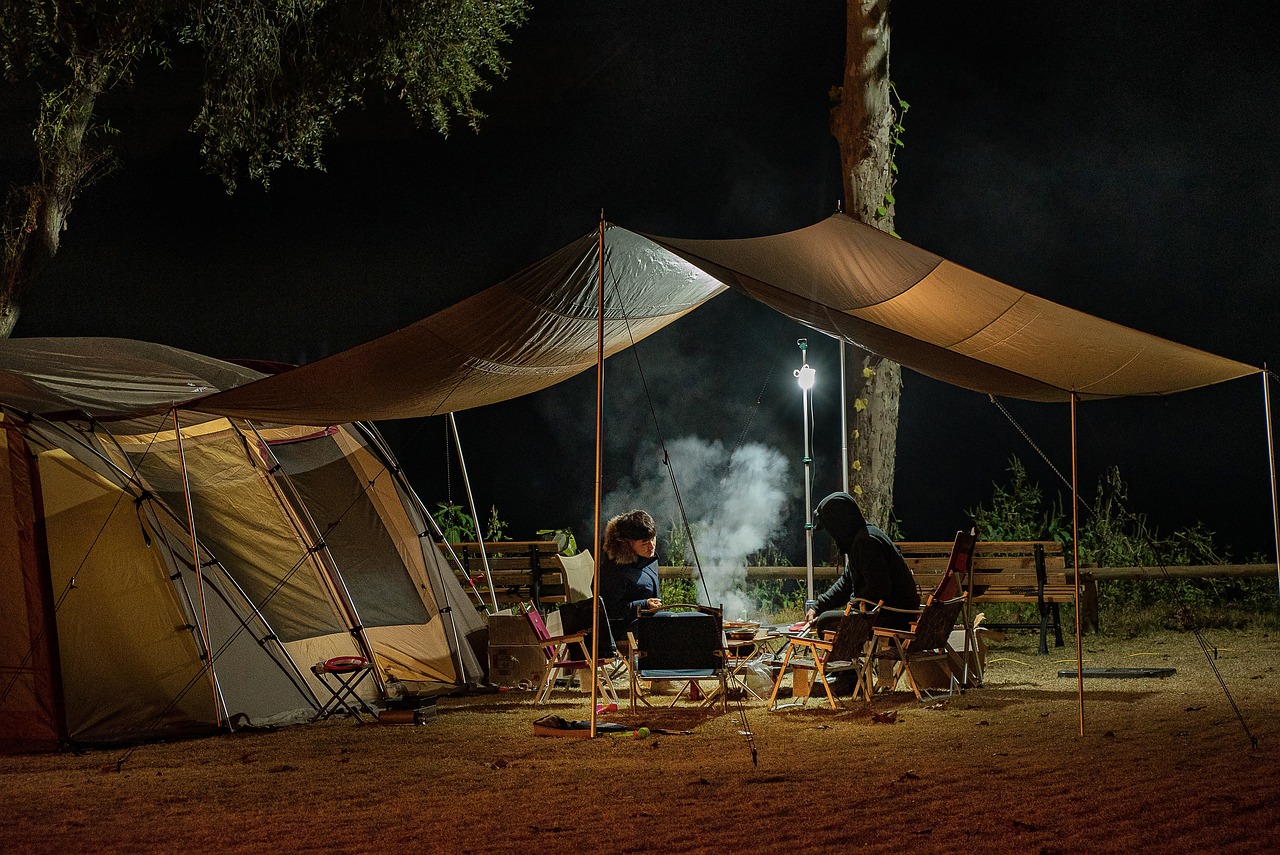At the heart of responsible camping lies the principle of Leave No Trace – a set of guidelines designed to minimize human impact on the environment. From packing out our trash to respecting wildlife and vegetation, following Leave No Trace principles ensures that our camping adventures do not degrade the very landscapes we’ve come to appreciate and enjoy.
In this article, we’ll explore the environmental impact of camping and share tips for minimizing our footprint while maximizing our enjoyment of the natural world.
As we seek solace and adventure in the great outdoors, it’s essential to recognize and address the environmental impact of our camping activities.

While connecting with nature can be profoundly healing and rejuvenating, it’s crucial to ensure that our presence leaves behind only footprints and memories, rather than lasting harm to the delicate ecosystems we cherish.

Bring reusable water bottles, utensils, and food containers to reduce waste and minimize the need for disposable products. When it comes to food, choose locally sourced, organic options whenever possible to reduce your carbon footprint and support sustainable agriculture.

When selecting a campsite, opt for established sites whenever possible to minimize damage to vegetation and soil. Avoid camping near water sources to protect sensitive riparian ecosystems and respect any signage or regulations regarding campsite usage.
One of the most effective ways to minimize our environmental impact while camping is to reduce our consumption of single-use items and opt for reusable alternatives whenever possible.
When setting up camp, be mindful of the natural environment and follow Leave No Trace principles to minimize your impact. Use existing fire rings and designated campsites whenever possible, and avoid trampling vegetation or disturbing wildlife habitats. When it’s time to break camp, leave your campsite better than you found it, ensuring that future generations can enjoy the same pristine landscapes that drew you to the outdoors in the first place.
While campfires can be a source of warmth, light, and camaraderie, they also pose a significant risk to the environment if not managed properly. Always follow local regulations regarding campfires and fire safety, and use designated fire rings or portable stoves whenever possible. Never leave a fire unattended, and always fully extinguish fires before leaving your campsite or going to sleep.
Gather firewood responsibly, using only dead and downed wood, and avoid cutting live vegetation. Be mindful of the ecological impact of your actions and strive to leave the landscape as you found it, or better, for future generations to enjoy.
Camping offers a unique opportunity to connect with nature and experience the beauty of the natural world firsthand.
However, it’s essential to approach our outdoor adventures with a sense of responsibility and stewardship, ensuring that our presence does not harm the very environments we’ve come to appreciate and enjoy.
By following Leave No Trace principles, reducing our consumption of single-use items, and practicing responsible campsite selection and setup.
